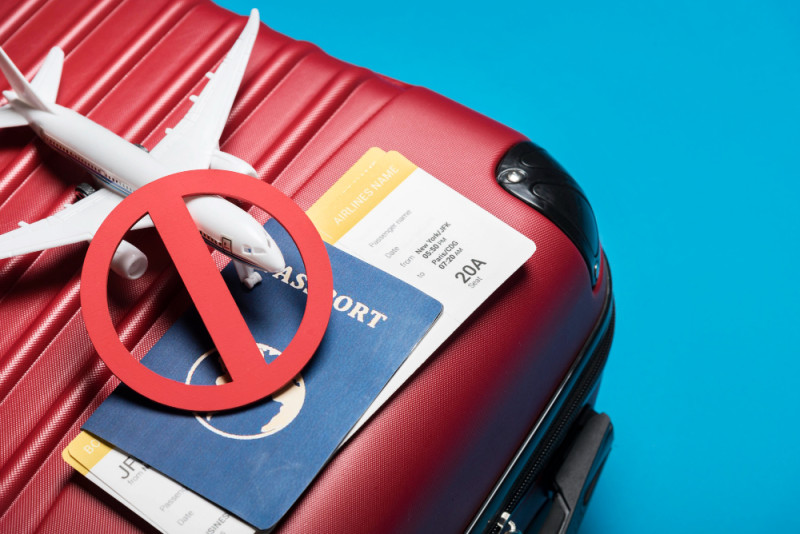Overcoming Border Barriers

Navigating entry to Canada with a past criminal record
On This Page, You Will Find:
- The Importance of Understanding Criminal Inadmissibility
- How Criminal History Impacts Your Entry
- Options for Overcoming Inadmissibility
- Navigating Canadian Criminal Equivalency
- Impact on Professionals and Travelers
Breaking Down Criminal Inadmissibility
Canada's reputation as a welcoming nation comes with rigorous entry protocols, especially concerning criminal records. Understanding these legal intricacies is essential for individuals with past offenses who wish to embrace Canada's opportunities and beauty.
How Your Past Affects Your Present
Canada's immigration authorities, including the Immigration Refugees and Citizenship Canada (IRCC) and the Canadian Border Services Agency (CBSA), prioritize national safety by scrutinizing visitors' criminal histories. Crimes equivalent to serious Canadian offenses, particularly indictable ones, can lead to inadmissibility. Even minor offenses, if multiple, may trigger entry barriers. It's crucial for potential visitors to understand how their past actions translate under Canadian law.
Navigating Criminal Inadmissibility Criteria
Criminal inadmissibility involves acts deemed criminal in both the individual's home country and Canada. This includes:
-
Foreign Convictions: If your actions abroad match Canadian criminal codes for indictable offenses, you might face entry denial.
-
Multiple Misdemeanors: Accumulating multiple minor offenses can also result in inadmissibility, highlighting the need for careful legal interpretation.
Even without a conviction, arrests or charges can prompt additional scrutiny. Therefore, understanding Canadian legal equivalents is vital for those with past records.
Charting a Course Past Inadmissibility
Being inadmissible isn't a dead end. Canada offers avenues for those seeking to clear their path:
-
Temporary Resident Permit (TRP): This allows temporary entry, despite inadmissibility, for specific reasons.
-
Criminal Rehabilitation: A more permanent solution that demonstrates the applicant is no longer a risk.
These options require careful application, often benefiting from legal advice to ensure successful outcomes.
Decoding Canadian Criminal Equivalency
The decision on admissibility often hinges on how a foreign offense aligns with Canadian law. While straightforward offenses like DUI are easily comparable, others require expert legal interpretation to determine equivalency. This complexity underscores the importance of legal guidance, particularly for unusual charges.
Time's Role in Inadmissibility Decisions
For individuals with old criminal records, time can be an ally. Certain offenses may be eligible for "deemed rehabilitation" after a decade, eliminating the need for formal applications. However, serious offenses may still require comprehensive rehabilitation processes. Understanding these timelines and requirements is key to planning a successful entry strategy.
Professions and Activities at Risk
Criminal inadmissibility can significantly impact individuals whose careers or hobbies involve frequent travel. Professions such as performing artists, airline staff, or those engaging in activities like hunting trips must address potential border issues proactively to avoid disruptions.
Conclusion: Your Path Forward
While criminal inadmissibility poses challenges, it doesn't necessarily end your journey to Canada. By gaining a deep understanding of the legal landscape and pursuing the appropriate solutions, individuals can navigate these barriers effectively. Whether through temporary permits or rehabilitation, with the right knowledge and preparation, Canada can still be within reach.
Actionable Tips:
-
Consult a Legal Expert: Seek professional advice to understand your specific situation and the best course of action.
-
Prepare Thorough Documentation: Gather all relevant legal documents related to your criminal history to support your application process.
